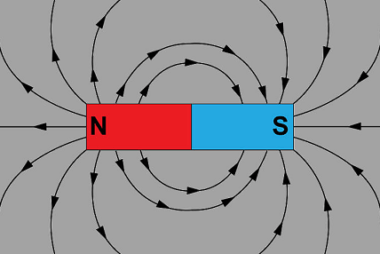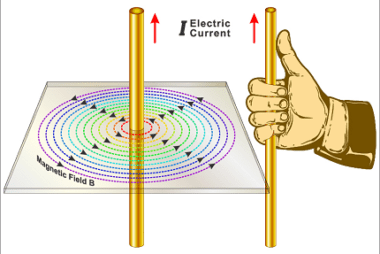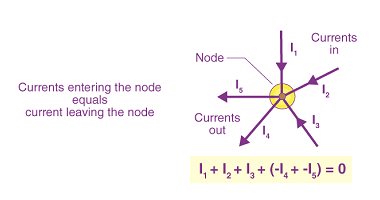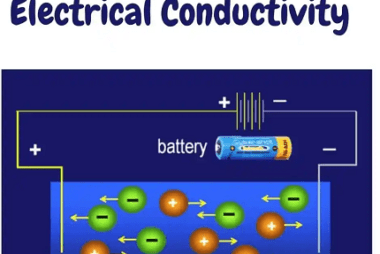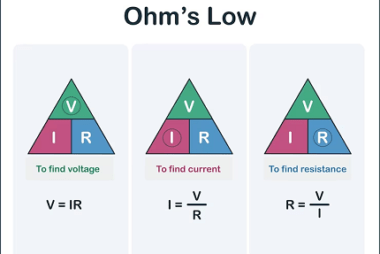Advance Course AIIMS-SYLLABUS Physics syllabus Biot-Savart Law
Biot-Savart Law The Biot-Savart Law is a fundamental principle in electromagnetism that describes the magnetic field generated by a steady electric current. It states that the magnetic field at a point in space is directly proportional to the current flowing through a small segment of a wire and inversely proportional to the distance between the…

